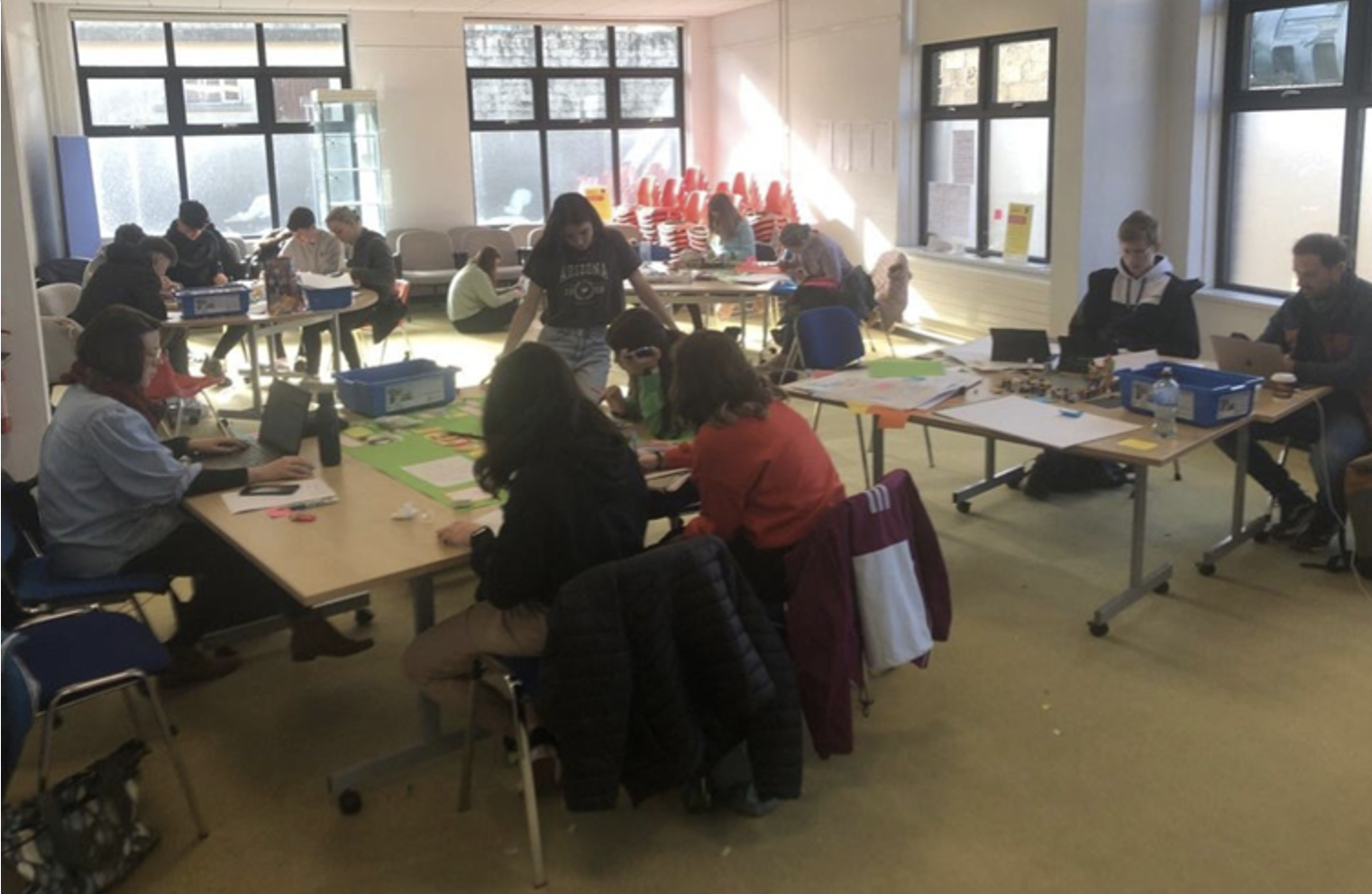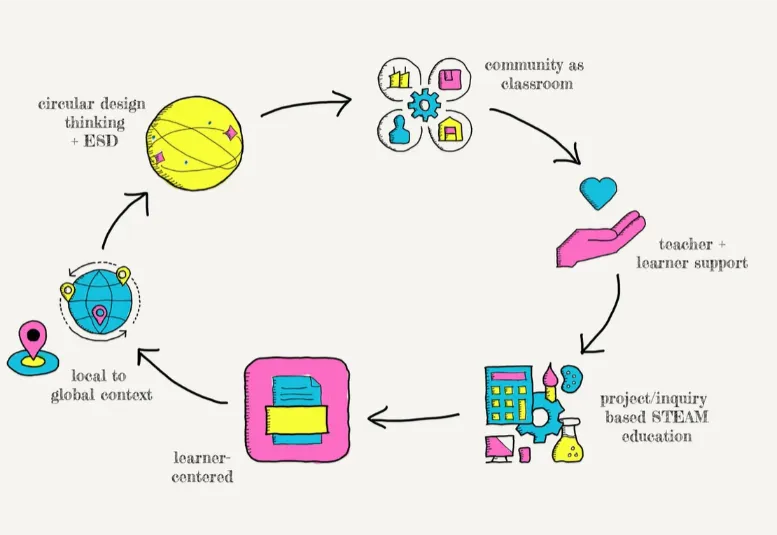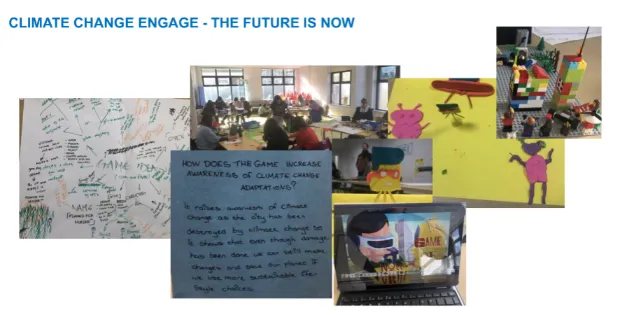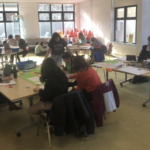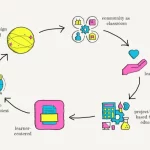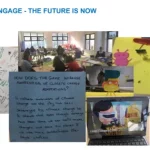Teacher: Anita McKeown, Rebecca White
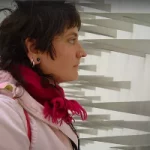
Anita McKeown
Anita is an award-winning artist, curator and educator guided and motivated towards co-designing values-based leadership through education and community processes. As well as her role as Co-Founder of Future Focus21c, she is the director of SMARTlab Skelligs, a satellite and host research organisation of SMARTlab Research Institute, UCD and co-director of SMARTlab Academy4theFuture.

Rebecca White
Rebecca has over 20 years of experience in classrooms, community engagement and global events. As well as working with young people in the classroom, she facilitates training and material that engages and inspires learners with sustainable development, brings learning to life in large-scale events and incorporates place-based STEAM education into teaching and learning, with an emphasis on cross-curricular links among schools and communities. As well as her role as Co-Founder of Future Focus21c, she is the Learning Programme Advisor at The Ocean Race.
Overview
The Climate Change Engage unit was developed by Rebecca with a team of researchers from University College Dublin, to support young people to be empowered to offer real-world solutions to the issues associated with climate change. It was initially devised alongside learners living in a coastal community, who are and will be feeling the very real effects of climate change on their lives. Climate Change Engage introduces learners to the topic of game design within the context of climate adaptation. It introduces them to the concept and process of Design Thinking; the cognitive, strategic, and practical processes for creative problem-solving. The unit enables learners to develop a fundamental understanding of ‘serious game’ design (serious games enable players to practice skills and achieve outcomes beyond simply enjoying them as a leisure activity), world-building, character development, presenting, planning and time management.
Theory of Change
The main content issue that Climate Change Engage seeks to solve is moving beyond mitigation to adaptation. Young people are well-schooled in the habitual behavioural changes they and their families need to make, but are not aware of the fact we are now in adaptation mode; households, communities and national policies need to reflect this.
Approach and Actions
The Climate Change Engage unit is a 45hr programme (33 lessons + 12hrs self-directed activities) that encourages learners to engage with their local context and explore real-world climate change problems in practical meaningful ways. It fosters the development of 21st Century skills supporting students to adapt to a rapidly evolving context. The module combines Design Thinking with systems thinking, inquiry and project-based learning to guide teachers and learners through a series of game design projects focused on climate change.
The objectives of the unit are that upon completion learners will have gained knowledge about climate change including, adaptation, mitigation, nature-based solutions and considered design. They will also have developed an awareness of the basics of Design Thinking for problem-solving. Built into the unit are also opportunities for students to practice problem-solving and critical thinking skills both individually and within a group context. Through the unit, students are also introduced to serious games and practical tools such as Lean Canvas, Vision Boards and Pecha Kucha presentations. The unit is also designed to cultivate many more general skills such as planning, division of workload and time management.
Impact
The team received positive feedback from students who took part in early iterations of the project. Three quarters of participants felt they acquired new knowledge about climate change through the unit. Learners also reflected that they found creating ideas for games very interesting, thereby suggesting that serious games may be an effective method to engage students with complex topics such as climate change. Participants felt activities were interesting with a mix of climate change related knowledge and game creation elements, i.e., creating a game backstory, characters, and game world. Empathic design activities initiated reflection on how best to communicate new scientific knowledge to their peers, many of whom have different interests and learning styles. This suggests that the interweaving of science and art in the STEAM approach can prove fruitful in sparking learners’ interest in new knowledge and helping them to reflect deeply on it by using it in acts of peer orientated creation and communication.
